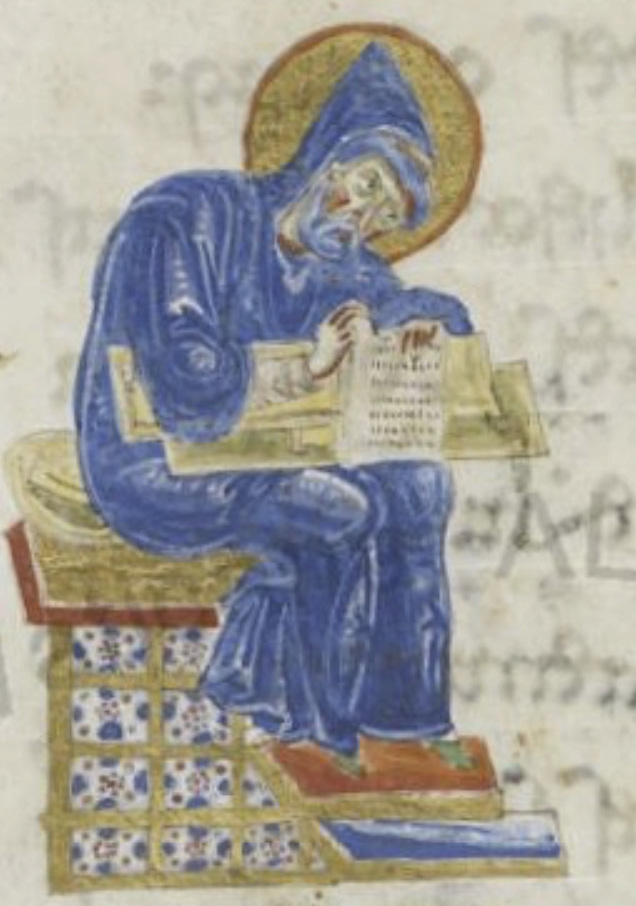
Seminar: “Reworked Narratives: Neo-Gregorian Historiae in Beneventan Manuscripts”
Alessandra Ignesti (Mellon Fellow, PIMS)
Surviving liturgical manuscripts from the Middle Ages reveal multiple layers of development in the texts and music of the chant repertory. The emergence of the so-called neo-Gregorian chant, composed for local needs after the spread of the core Gregorian chant corpus, was a Europe-wide phenomenon that left luminous vestiges of the creativity of medieval singers and scribes.
This talk offers an overview of my research project at PIMS, which focuses on the neo-Gregorian corpus of historiae—cycles of liturgical chants for the Divine Office of a saint’s feast—developed in a region of Southern Italy culturally defined by its use of the distinctive Beneventan script. Drawing on a systematic analysis of manuscripts dating from the eleventh to the thirteenth century, now preserved at the Biblioteca Capitolare of Benevento, the library of Montecassino, and the Biblioteca Nazionale of Naples, I aim to identify and analyze locally distinctive neo-Gregorian additions, shedding light on processes of adaptation, borrowing, and amalgamation of texts and melodies. In parallel, I seek to trace the dissemination of this repertory beyond the Beneventan cultural sphere and, conversely, to account for the incorporation of imported neo-Gregorian pieces into local formularies, thereby helping to illuminate the rich cultural exchanges between Southern Italy and the cis- and transalpine regions. Throughout, the project maintains a focus on the historia as a cultural phenomenon tied to the development of new forms of devotion centered on saints’ exempla.


